IAA Mobility Munich 2023
Throughout the week of the 5th to 10th September 2023, a new edition of the International Motor Show, the IAA MOBILITY 2023, was celebrated in Munich (Germany), mainly focused on the unveiling of the latest innovations of the main car companies, with a special spotlight on the new electric versions for this year’s edition.
Whereas other events or exhibitions in the industrial or mobility sector are aimed primarily at business-to-business (B2B), the IAA MOBILITY is a B2C (business-to-consumer) expo, where the focus is on spectacular presentations of the latest developments in this field.
The latest data on electric vehicle sales in Central and Northern Europe, as well as in China, where the share of plug-in electric vehicles is almost 37% of total sales within the last month (https://carnewschina.com/2023/09/09/top-selling-car-brands-in-august-2023-in-china/), indicate that the industry is facing up to the electrification of the automotive field, which has been mostly planned for the last decade.
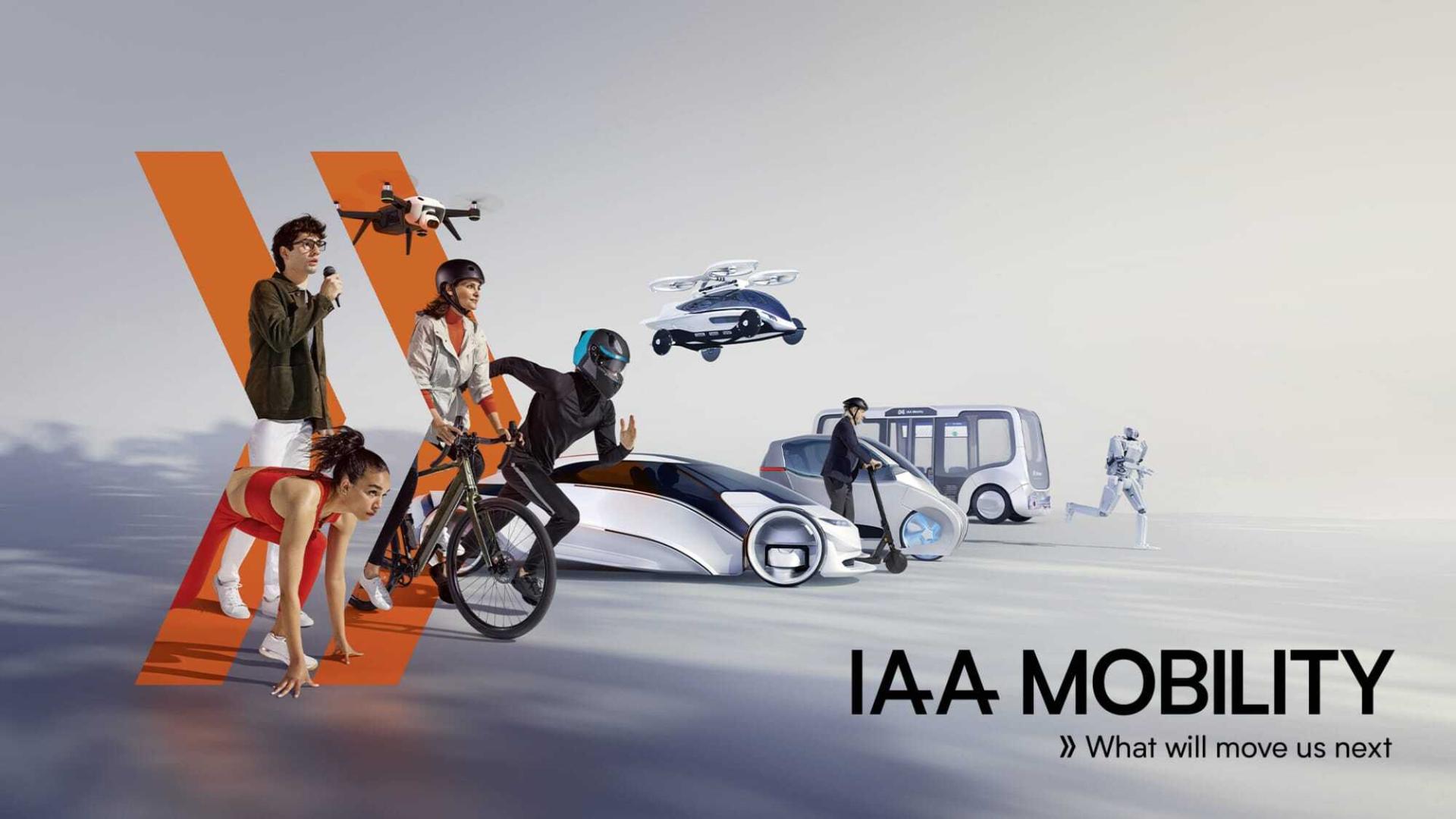
At SynerHy we always emphasise in our articles that fuel cell electric vehicles (FCEVs) are electrified vehicles that complement battery electric vehicles (BEVs) but are not intended to compete with them. At this year’s IAA, hydrogen-powered vehicles also had their place. In this article we aim to analyse the most important new innovations in this sector at the event.
FUEL CELL ELECTRIC FCEB IAA SHUTTLE
The ability to travel from the Open Space stands in the city centre to the Messe on the outskirts of Munich by fuel cell buses was made possible by the 12-metre fuel cell bus model using Toyota technology from the Portuguese manufacturer CAETANO and promoted by the GP JOULE Hydrogen Group, which is pursuing a completely CO2-free mobility ecosystem from hydrogen production to refuelling stations to supply fuel cell vehicles.
At the IAA MOBILITY 2023, companies such as ARTHUR BUS GmbH, blueFLUX Energy AG, Westfalen AG, H2.B and GP JOULE jointly presented the Bavarian hydrogen strategy for the mobility field alongside the Bavarian Government.
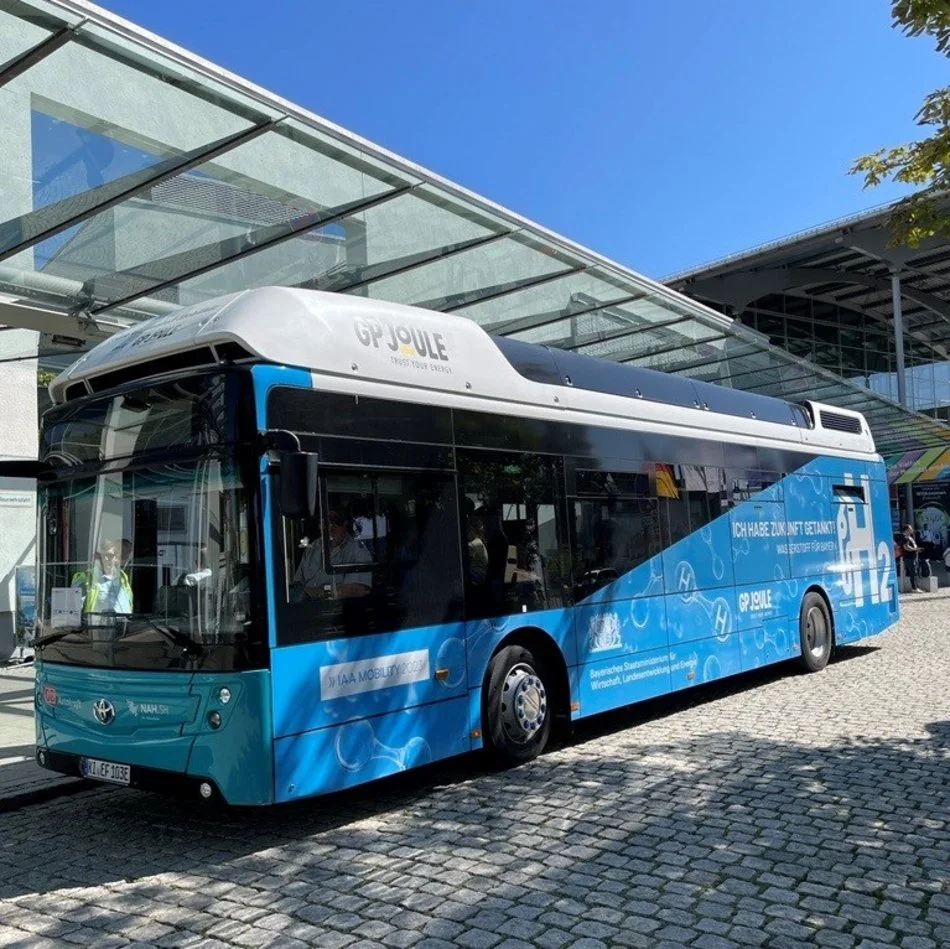
Figure 1. Toyota Caetano fuel cell bus for the event.
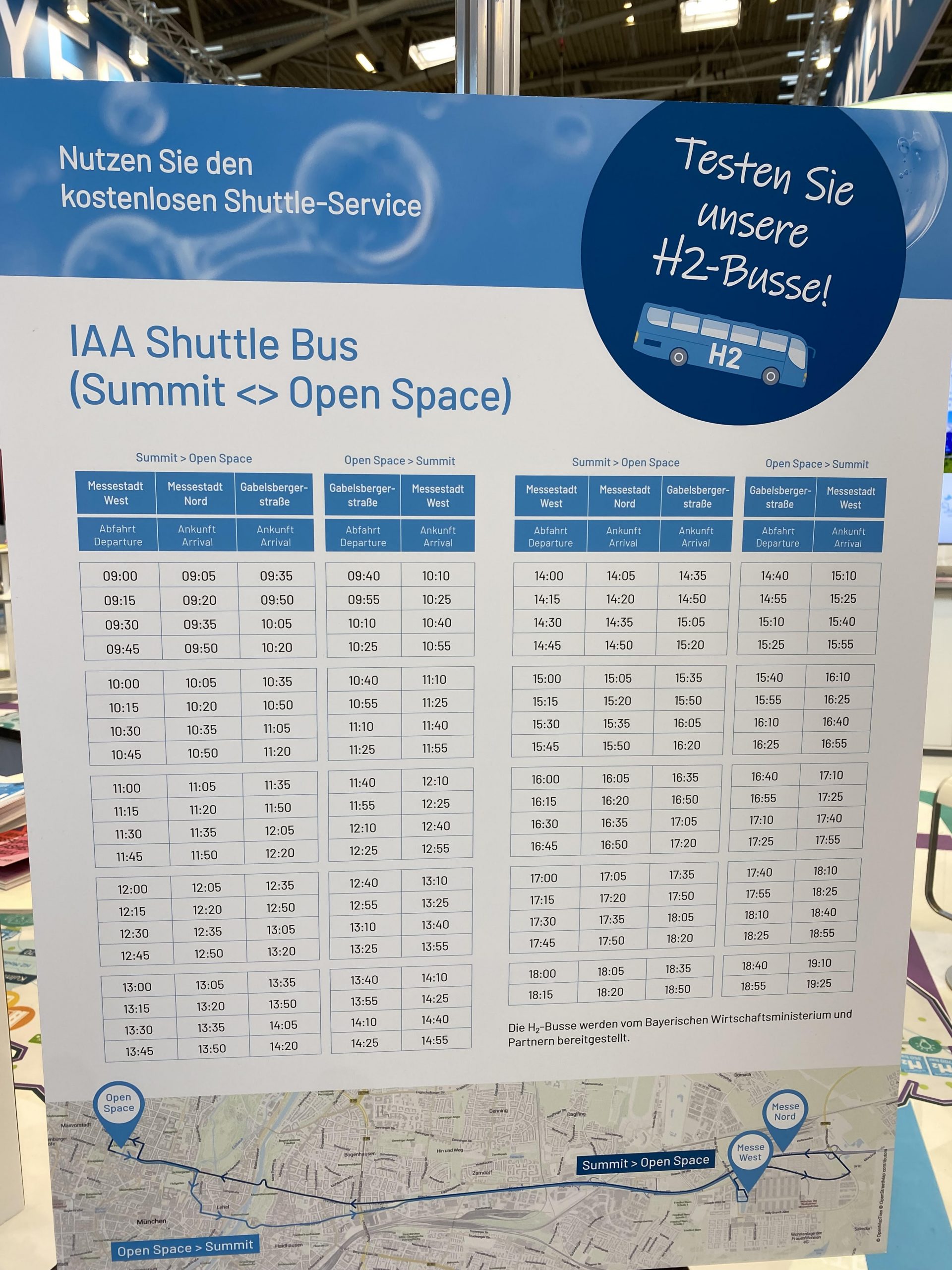
Figure 2. Shuttle bus schedules and route for the event.
DEVELOPMENTS IN POWERTRAIN COMPONENTS
The main news presented by EKPO, the joint venture company formed by Plastic Omnium and ElRingKlinger, was the stack of its low-temperature PEM NM12 fuel cell model, which can reach 205 kW of power and is ideal for heavy duty solutions on all versions.
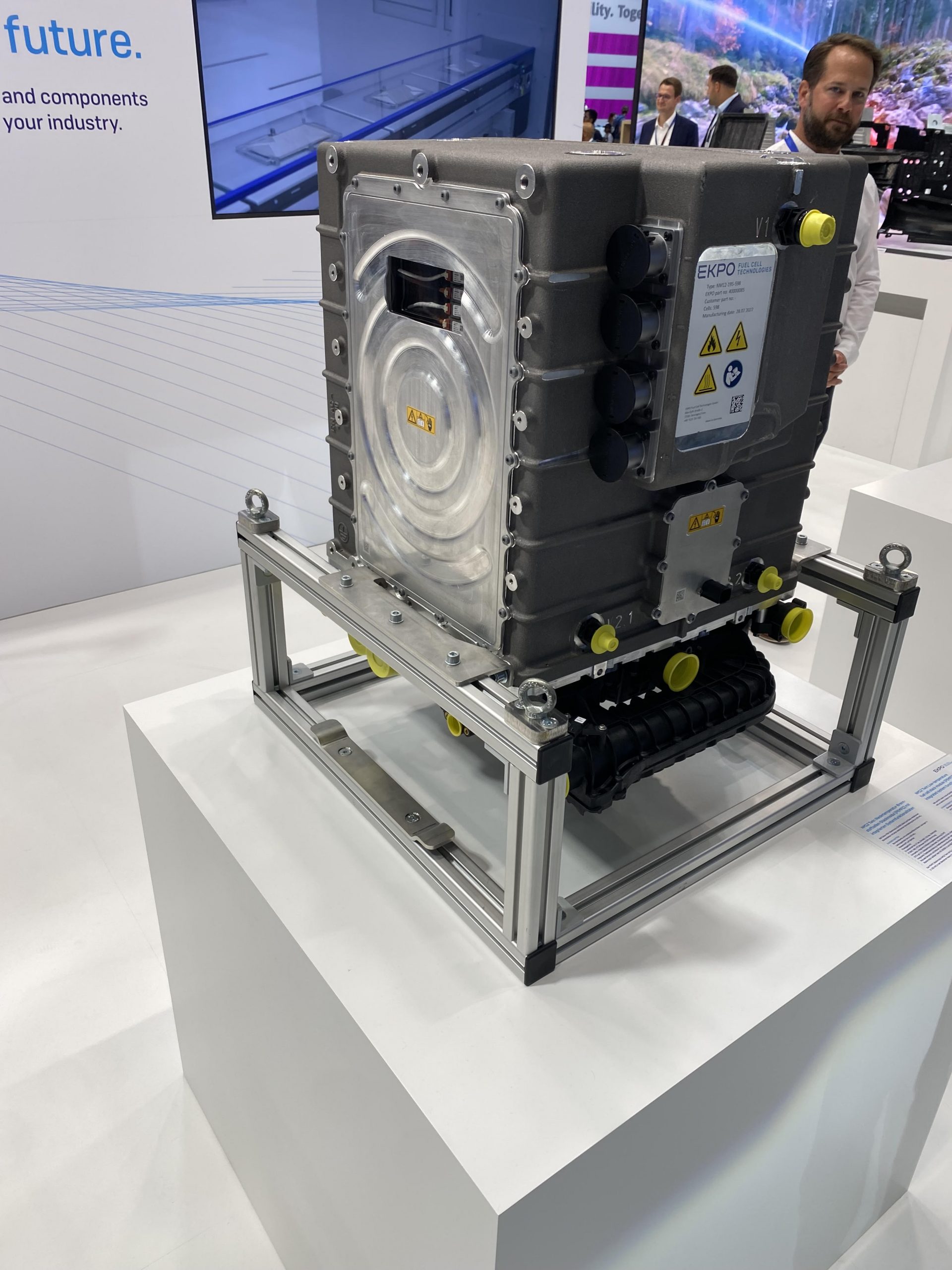
Figure 3. NM12 Twin Low-temperature fuel cell stack module integrated
The Bavarian Schaeffler Group displayed its developments in the powertrain of fuel-cell passenger cars and heavy-duty vehicles, mainly focusing on fuel cell cooling components and fuel cell inlet air treatment, as well as fuel cell electronic control systems and hydrogen recirculation systems. Control valves, axial and radial bearings, control units, hydrogen recirculation ejectors and air humidifiers are the core components developed by the company. Besides, the German group has developed its own PEM stack of up to 140 kW, which can be increased to higher outputs.

Figure 4. Coolant management FC (www.schaeffler.com)
The major innovations from the French group Forvia-Faurecia lie in its new rectangular designs of the GSS (Gas Storage System) using hydrogen for mobility. Electrification and energy management are at the foundation of the group’s growth. Forvia unveiled a platform to enable the smooth integration of a variety of electrification options, from battery systems to fuel cells. As well as a 50 % increase in storage capacity, which significantly increases the range, Forvia focuses on a high level of recyclability for the most sustainable production and subsequent use.
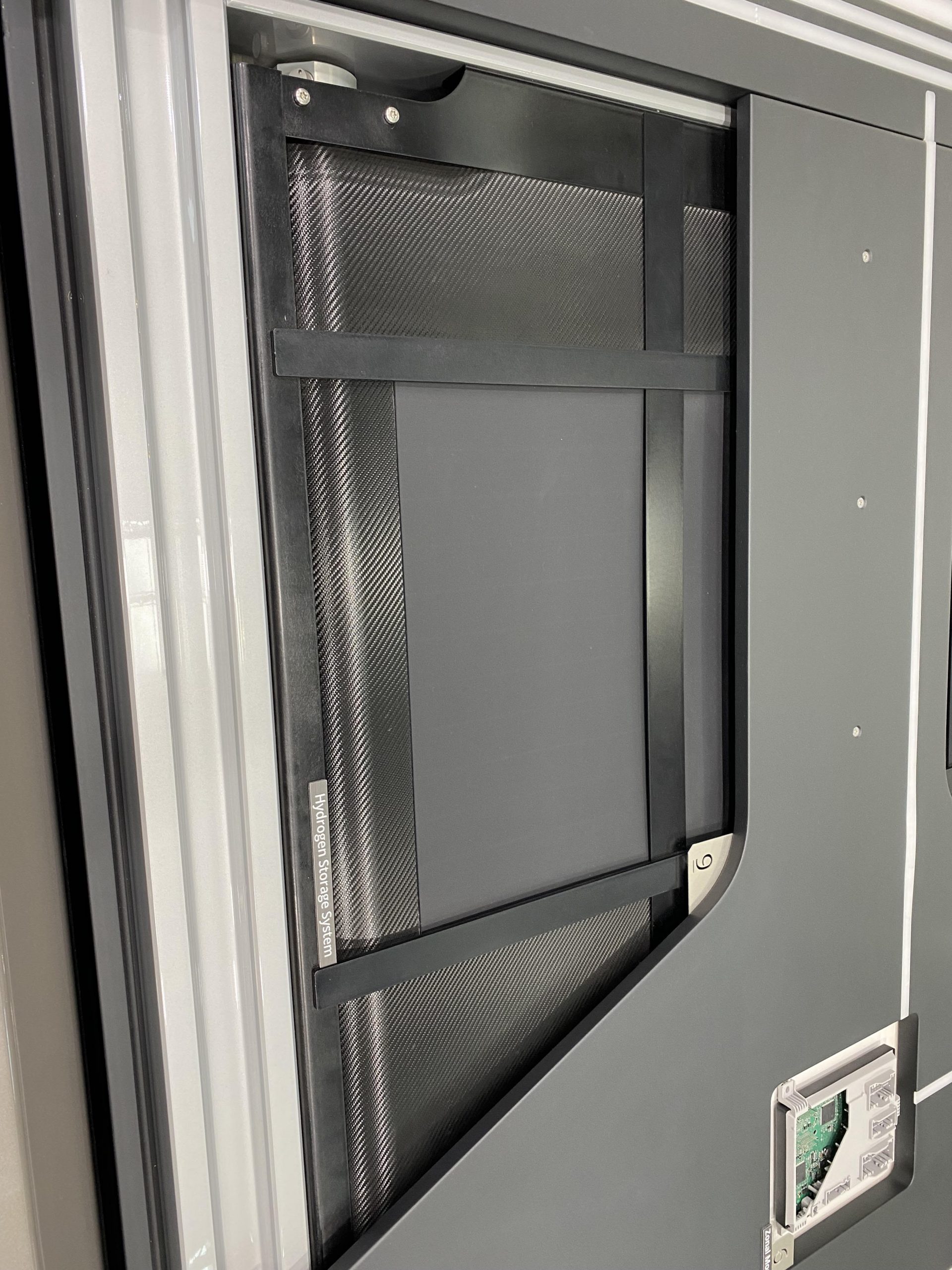
Figure 5. Rectangular storage tank for vehicles developed by Forvia
VEHICLE DEVELOPMENTS
BMW iX5 Hydrogen
The BMW iX5 Hydrogen showcased at IAA Mobility 2023 is further proof of the Bavarian company’s innovative strength when it comes to powertrain technology. A 99-unit pilot production model series of the hydrogen fuel-cell-powered Sports Activity Vehicle, which is based on the current BMW X5, has been commissioned for demonstration and test purposes for 2023.
The BMW iX5 Hydrogen is equipped with the latest fifth-generation BMW eDrive technology. The highly integrated drive unit on the rear axle gets its power from a high-performance battery with lithium-ion technology that has been specifically developed for the hydrogen fuel cell vehicle and generates a maximum output of 295 kW/401 hp. The electric motor also works as a generator that feeds energy back into the high-performance battery when the vehicle accelerates or brakes.
Both of the two 700-bar tanks in this model, made of carbon fibre-reinforced plastic (CFRP), hold six kilograms of hydrogen in its compressed gaseous form and can be filled within three to four minutes. The BMW iX5 Hydrogen achieves a range of 504 kilometres (313 miles) on the WLTP cycle without refuelling. The hydrogen powered SAV accelerates from 0 to 100 km/h (62 mph) in less than six seconds and has a top speed above 180 km/h (112 mph).
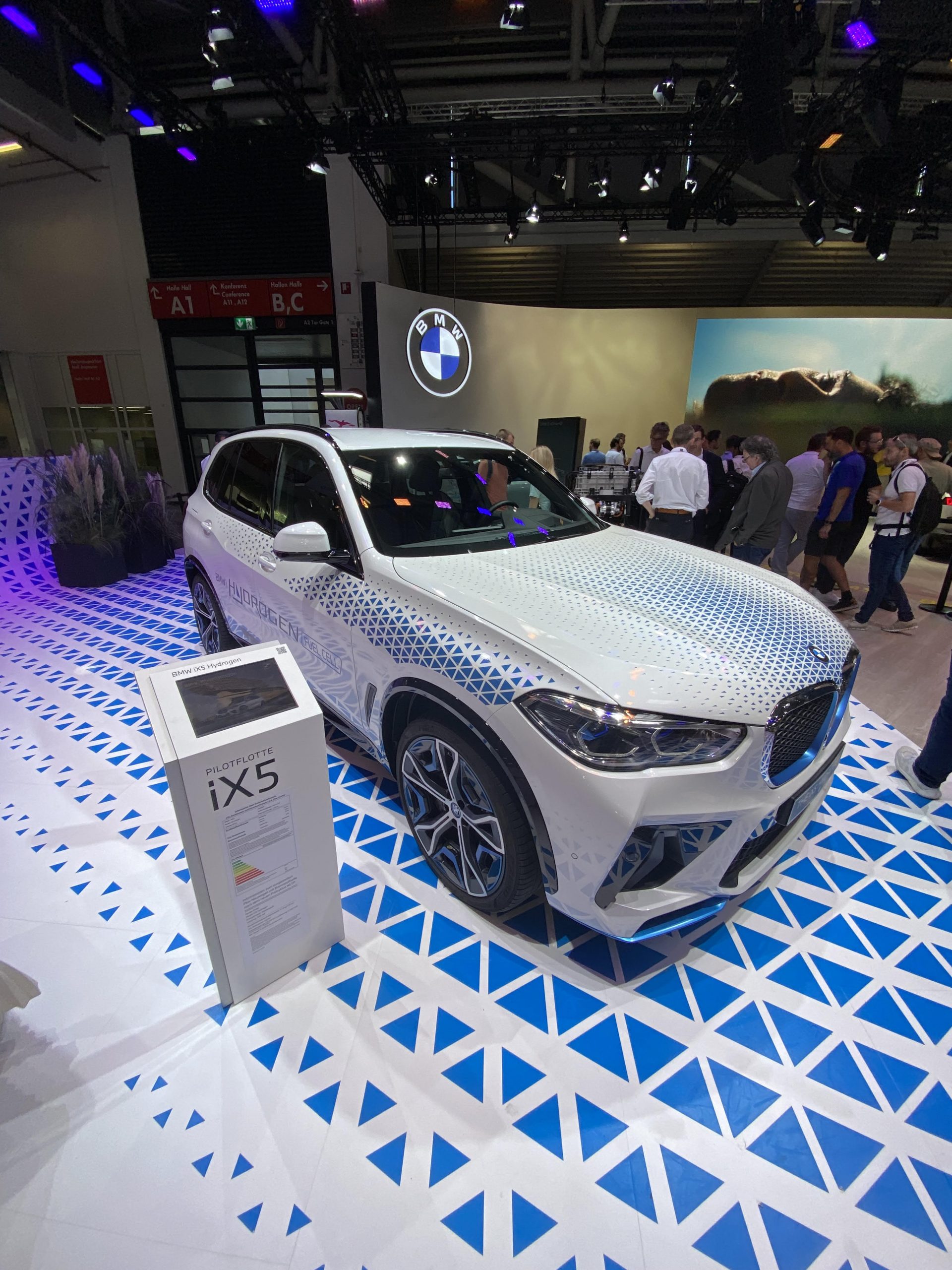
VDL Fuel Cell Truck
The Dutch company introduced its heavy-duty truck model at this edition, which is equipped with a hydrogen-powered fuel cell combined with an available battery to travel around 550 km emission-free.
Colruyt Group, a Belgian logistic company, has recently added a hydrogen-powered truck to its fleet, which will be mainly used in one of the company’s distribution centres based in Belgium. The truck has been designed and manufactured by VDL Special Vehicles, as part of the H2Haul project, and it will play a vital role in the transport of goods between various distribution centres and retailers across the country.
The fuel cell is manufactured by Plastic Omnium (88 kW, 210 total capacity plus battery), although the Dutch company has an agreement with Toyota to also integrate its technology in upcoming developments for retrofitting CO2-emitting trucks. The hydrogen storage has also been customised: it contains 40 kilograms of hydrogen at a 350-bar pressure, distributed among seven 237-litre tanks.
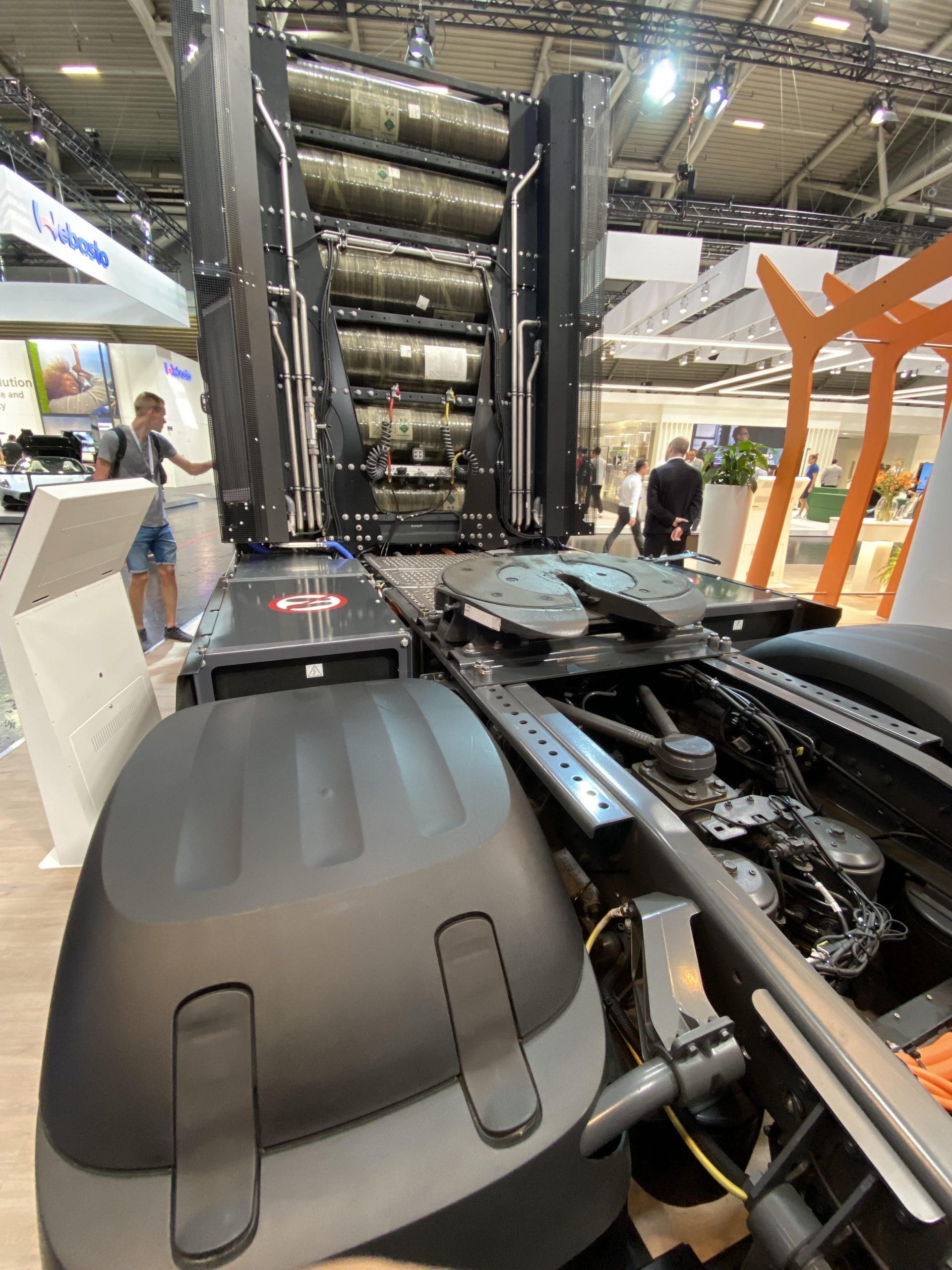
Figure 6. VDL fuel cell truck
OTHER INITIATIVES IN GERMANY
We would also like to highlight interesting initiatives such as ECOGENIUM, a company set up by engineers from the University of Aachen who are developing prototypes of hydrogen-powered vehicles with such interesting projects as Hydraix I or Enginius, which is developing waste collection vehicles along with the company Faun.
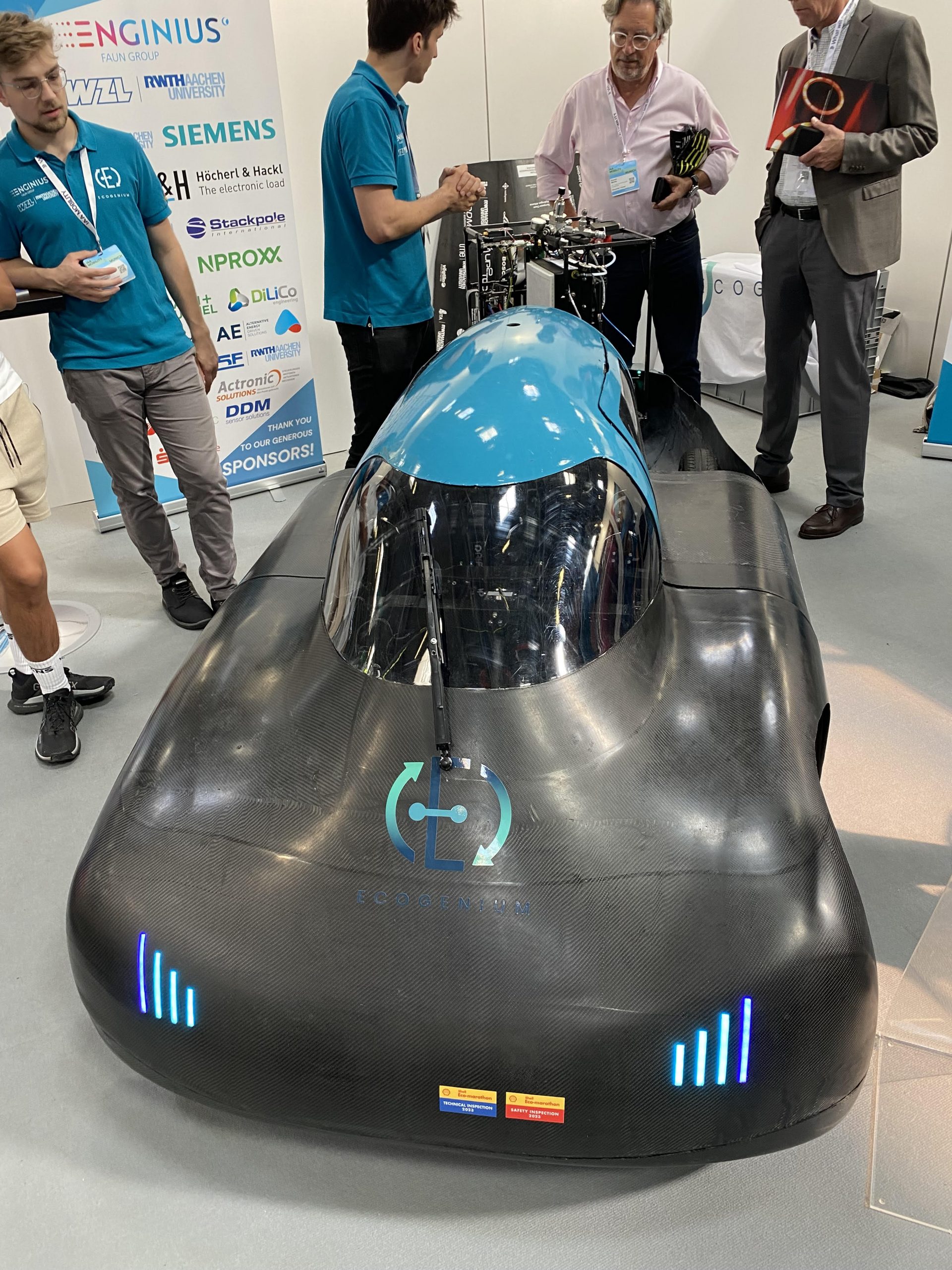
Bavarian companies such as KEYOU with its promising developments in hydrogen combustion engines as well as Tyzca Hydrogen GmbH with its ambitious plans for on-site hydrogen production for heavy-duty vehicles in Bavaria are also worth mentioning.
Stay tuned!